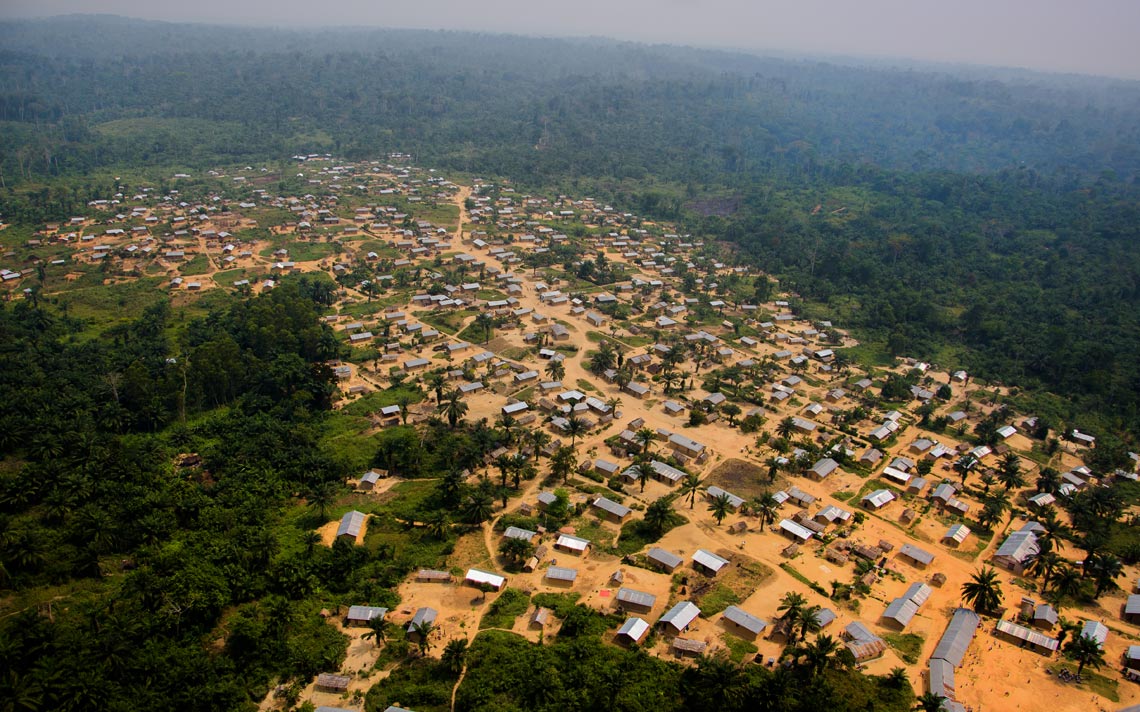Market Research in the Congo

Congo-Brazzaville and Congo-Kinshasa are neighboring countries in sub-Saharan Africa. The name “Congo” comes from the Bakongo, a Bantu tribe that populates both countries. The countries share the Bakongo culture and near-identical names, yet, they differ on several factors.
Congo-Kinshasa, which is the other name for the Democratic Republic of Congo, is gigantic. It is the second-largest country on the continent. More than 80 million people live there. But, the population of Congo-Brazzaville is only 5 million people. It covers a tiny geographic area.
Both countries use French as their official language. Yet, two different nations once colonized them. France occupied the Republic of Congo (ROC). The Democratic Republic of the Congo was a Belgian colony.
The Democratic Republic of Congo (DRC) sits in a unique geographical position. It has 25 miles of coastline access to the Atlantic Ocean to the west. Yet sitting in the heart of Africa, it is the crossing point of the corridors going North, South, East, and West. Congo-Kinshasa’s capital, Kinshasa, is the country’s largest city.
Neighborhoods
Kinshasa is a megapolis on the south riverbank of the Congo River. Central Africa’s most prominent and fastest-growing urban system is expanding by five square miles per year. Following Cairo and Lagos, Kinshasa is the third-largest city in Africa. Ville Basse is the older and wealthier area, located on the flats near the river. Newer parts of Kinshasa are developing on the hills which surround it.
Key Industries
On the western border of the Congo River is Congo-Brazzaville, the smaller of the two. In Brazzaville (ROC), the petroleum, timber, and mining sectors lead the economy. The oil sector claims most of the foreign investment inflows. It is only a small industry, but forestry is the next largest and is expanding.
The DRC mining sector is likewise abundant. There is a vast wealth of arable land. Within the earth, copper, cobalt, gold, diamond, and zinc are a few of the many natural resources.
Trends
The economy of Congo-Kinshasa has suffered from long years of political instability. Despite this, it shows a trend of upward growth, and the business climate is improving, reflecting many planned reforms aimed at strengthening governance and natural resource management. Surveys show a new environment of confidence alongside new directives to fight corruption. Investors conducting strategy research can focus on financing agriculture, mining, energy, and infrastructure.
Benefits and Strengths in the Market
The government of Congo-Brazzaville is seeking to stimulate development and growth in Congo-Brazzaville. The country plans to diversify its economy. Agribusiness in Congo-Brazzaville represents an opportunity. Not much of the arable land in the country is under cultivation. The land also presents the potential for investment in ecotourism. It contains endless pristine forest reserves. Construction, transport, and mining are also attractive sectors for foreign investors.
Brazzaville is the largest city of Congo-Brazzaville, but Pointe-Noire is the important commercial center. Brazzaville is also the oldest city. It is a coastal town filled with ex-pats and flowing with oil money. The city separates into the European quarter and the African quarter (La Cité), offering distinct experiences and international eating options. The African quarter is busy and bustling. La Cité has many lively restaurants and bars and is the best place to discover traditional African cuisine. The beaches in Pointe-Noire offer boat hires and a chance to kick back.
There is room for internet services and mobile banking here in the Republic of Congo, and consumers have high connectivity despite inadequate infrastructure in the telecommunications sector. The many cyber cafes are an indicator of unmet demand for reliable internet services.
Reasons to Grow Your Business; Market Research in the Congo
Investors will soon enjoy the reforms planned by the Republic of the Congo. Government initiatives include FDI entry and protection, establishing companies, taxation, and human resources. Foreign investment continues to increase. They currently make ROC the top FDI destination in Central Africa. Quantitative research supports these facts.
You’ll find that there is no lesser of the two Congos but that each presents opportunities. Qualitative research via focus groups can bring further clarity for future ventures.

